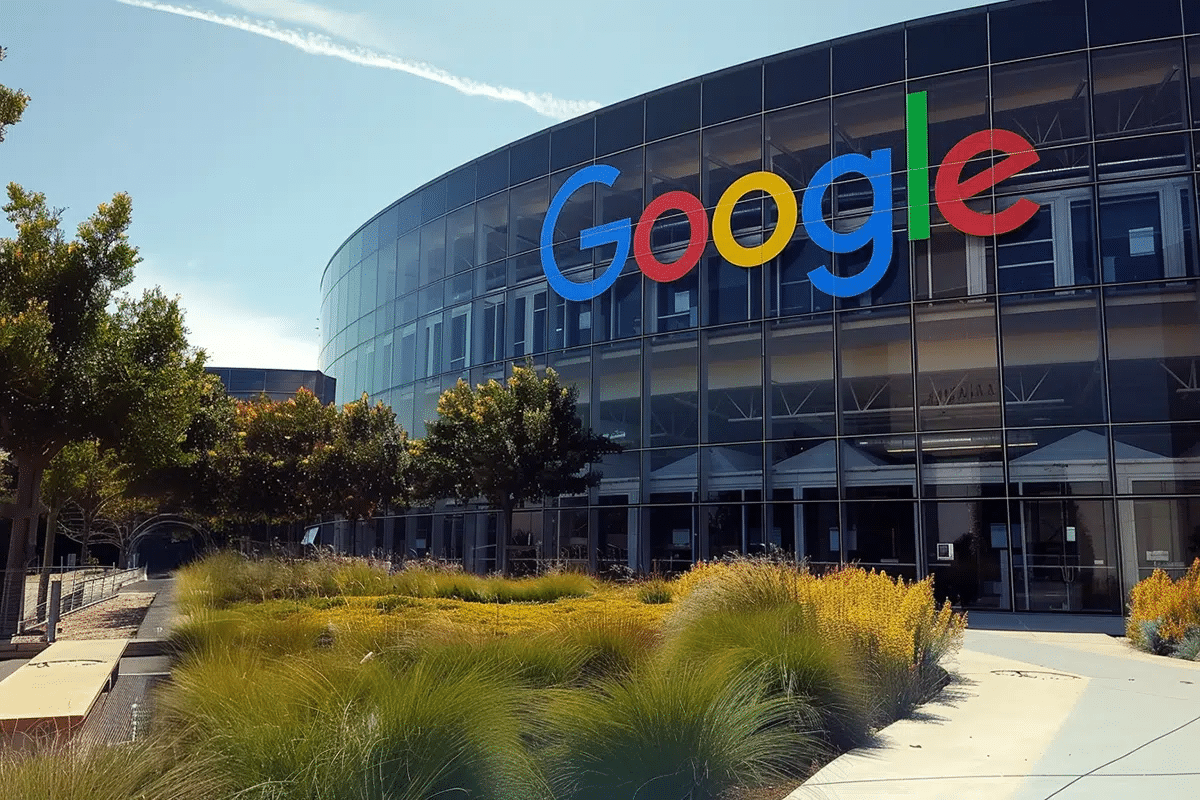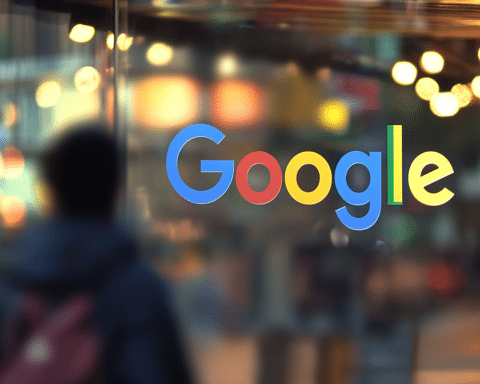The US government is exploring the possibility of breaking up Google, a move that echoes the dismantling of AT&T into regional “Baby Bells” over four decades ago. This potential action could significantly reshape the landscape of the tech industry, targeting one of the world’s most influential technology companies. The proposed breakup, introduced in a court filing by the US Department of Justice (DOJ), suggests separating Google’s search business from its other major platforms, including Android, Chrome, and the Google Play app store.
Focus on Reducing Google’s Market Control
The DOJ’s proposal aims to reduce Google’s ability to use its suite of products to prioritize its search engine over competitors. By splitting its core businesses, the US government intends to prevent the tech giant from leveraging its control over platforms like Chrome and Android to dominate the search market. This would include preventing Google from using emerging technologies like artificial intelligence to gain an upper hand over rival search engines.
The antitrust case against Google has been building momentum, following a federal judge’s ruling in August. The court found that Google violated US antitrust laws through its practices in the search market. The judge described the company as a “monopolist,” signaling that the company’s control over how millions of Americans access information online may need to be restructured. This decision set the stage for potential changes to Google’s search business, raising the possibility of significant regulatory action.
Google’s Response and Potential Impact on Users
Google has responded to the government’s potential breakup plan by emphasizing the negative impact it believes this move could have on consumers. The company argues that a split could disrupt the seamless operation of Android and Chrome, impair progress in AI innovation, and even risk users’ privacy by requiring the company to share personal data with competitors.
Despite these concerns, the DOJ maintains that Google’s practices have limited consumer choices in the search market and stifled competition. The case emphasizes Google’s use of exclusive contracts with other tech giants, such as Apple, to secure its position as the default search provider on smartphones and browsers. These deals, costing Google billions of dollars, were deemed anticompetitive by US District Judge Amit Mehta. The DOJ argues that this strategy has left consumers with fewer options and a less innovative marketplace for search engines.
Potential Remedies and Long-Term Consequences
As the legal process continues, the focus now shifts to determining the penalties that Google may face. One potential outcome is a ban on Google’s exclusivity agreements, which could end long-standing deals with companies like Apple. This change could lead to a more competitive environment for search engines, potentially altering how users access search options on their smartphones and browsers.
The DOJ is also considering implementing a “choice screen” on electronic devices, giving users the ability to select their preferred search engine from the outset. This concept has already been applied in other markets, such as the European Union, and could significantly impact Google’s market share in the United States.
Another possibility is restricting Google from promoting its search engine through its other products, such as preventing Chrome from defaulting to Google search. This approach targets practices known as self-preferencing, which have drawn increasing scrutiny from US policymakers focused on competition.
Looking Ahead: Google’s AI and the Role of Data
Beyond the immediate implications for search, the DOJ’s focus also extends to Google’s influence in the field of artificial intelligence. The government has raised concerns that Google’s dominance in search could translate into an advantage in AI development, due to the vast amounts of data required to train advanced AI models. To address this, the DOJ is considering a penalty that would allow websites to opt out of having their content used for Google’s AI training, or even require Google to share AI-related software models with its competitors.
The case against Google has been described as the most significant antitrust action against a tech company since the US government’s battle with Microsoft in the early 2000s. With Google appealing the recent ruling, the legal process is expected to continue for months, potentially extending into years. However, whatever the outcome, it could have broad implications for the technology industry, setting precedents for other ongoing antitrust cases involving tech giants like Amazon, Apple, Meta, and Ticketmaster.
A Defining Moment for Tech Regulation
The decision on whether to break up Google could shape the future of digital services in the US, impacting not just how search engines compete but also how tech companies manage user data, develop AI technologies, and engage in partnerships. While Google maintains that its search engine is popular due to its quality, the DOJ’s focus on the company’s competitive practices suggests that changes could be on the horizon for how digital information is delivered to millions of users.
As regulators and tech giants continue their legal battles, the potential breakup of Google marks a defining moment in the evolving relationship between big tech and US antitrust law. The outcome could reshape not only the future of Google’s core businesses but also the competitive dynamics of the entire technology sector.




